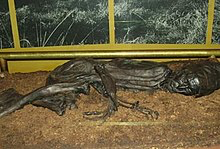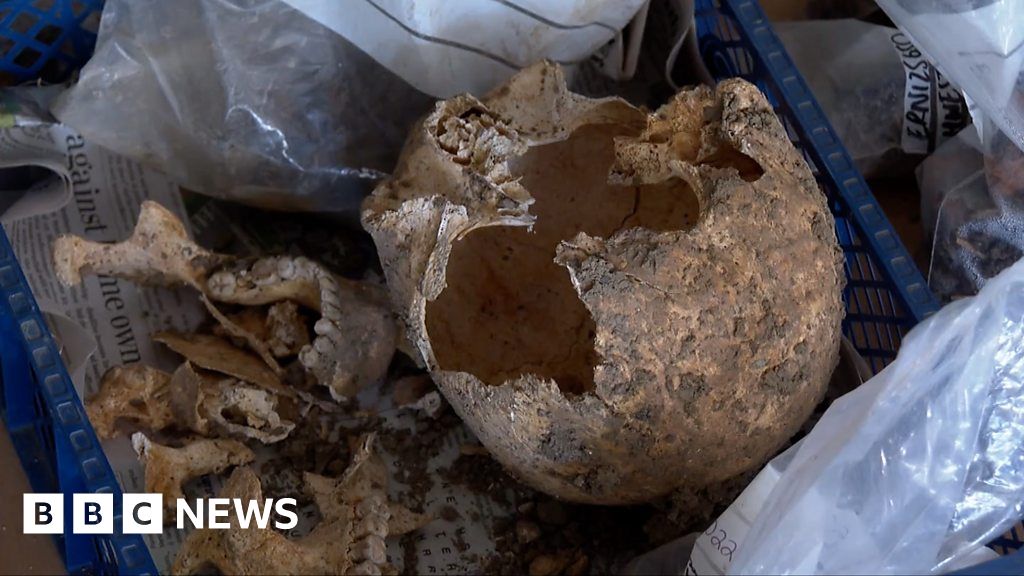We have a very strange relationship with death. It's definitely a repressed part of life in the western world, which makes us very susceptible to panic reactions, see: the last couple of years. I don't think it's cruel to introduce kids and young adults to hunting and butchery - if it's done right. Same with museums and human remains.
In Eastern Europe they have these macabre bone churches where the arches and the whole interior are literally made up of skulls and bones. They did that because they ran out of cemetary space at some point, I think it was during WW2. Anyway, what people consider respectful handling of remains seems to vary quite a lot between cultures, so there's always going to be things that someone or other is not going to be comfortable with. Real life exposure can be therapy.
Yeah, Hollywood and the saturation of murder in movies is a big problem. It's putting murder on a magic pedestal. It's hard to explain. Like playing with and intensifying our fear of it like a haunted house.
In Eastern Europe they have these macabre bone churches where the arches and the whole interior are literally made up of skulls and bones. They did that because they ran out of cemetary space at some point, I think it was during WW2. Anyway, what people consider respectful handling of remains seems to vary quite a lot between cultures, so there's always going to be things that someone or other is not going to be comfortable with. Real life exposure can be therapy.
Yeah, Hollywood and the saturation of murder in movies is a big problem. It's putting murder on a magic pedestal. It's hard to explain. Like playing with and intensifying our fear of it like a haunted house.


